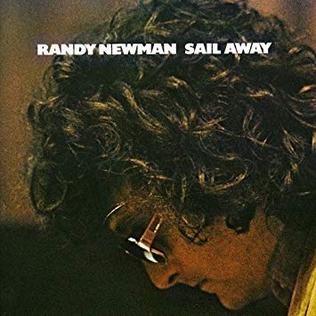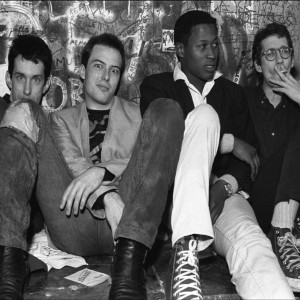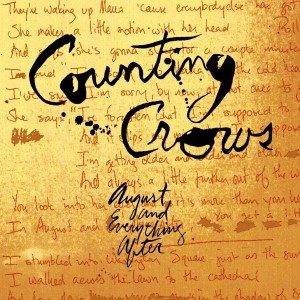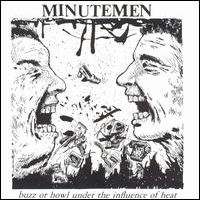
Georges Brassens was a French singer-songwriter from roughly 1950 until his death from cancer in 1981. He was incredibly prolific but almost never performed outside France. So he isn’t as well known here as Jacques Brel even though their careers overlap almost perfectly.
He has a beautiful voice. It reminds me of Roger Whittaker. But Brassens is not pretentious about it. In fact, you don’t get the impression that he even knows what a fine voice he has. Regardless, his focus is on the music and lyrics.
Brassens was diverse in terms of his subjects, so I’d like to highlight two songs.
Le Parapluie
“Le Parapluie” (The Umbrella) is a sweet song about a man who sees a women walking in the rain. He offers her his umbrella and they fool around a bit. But the narrator seems naive like the one in Brel’s “Madeleine.” So it’s easy to see him as deluded. Maybe he’s just thrilled to be anywhere close to a woman. Regardless, she goes on her way at the end.
Brave Margot
“Brave Margot” is one of Brassens’ best-known songs. It’s funny but ultimately heart-breaking and cynical. A shepherdess finds an abandoned kitten, which she breast-feeds. Eventually, all work in the town stops because the men have come to gawk at her.
The shepherdess is naive and thinks they are just looking at the kitten. Eventually, however, the women of the town get angry and burn the kitten to death. The shepherdess gets married in her heartbreak. But the old folk continue to tell the story to new generations.
As with all great art, I don’t think there is a single meaning to this song. It’s funny and sad the way that life is.
George Brassens by Roger Pic — Bibliothèque nationale de France, Public Domain.







 I’ve known the Nine Inch Nails song “Hurt” for a very time. But I seldom pay attention to lyrics of a song that I hear casually. Today, I looked them up. It’s pretty good. I like the connection of self-mutilation (“I hurt myself today, to see if I still feel”) and heroin use (“The needle tears a hole… Try to kill it all away”). I’m not so fond of the externalization of the self (“What have I become, my sweetest friend”). But that’s a choice, and very typical of the genre.
I’ve known the Nine Inch Nails song “Hurt” for a very time. But I seldom pay attention to lyrics of a song that I hear casually. Today, I looked them up. It’s pretty good. I like the connection of self-mutilation (“I hurt myself today, to see if I still feel”) and heroin use (“The needle tears a hole… Try to kill it all away”). I’m not so fond of the externalization of the self (“What have I become, my sweetest friend”). But that’s a choice, and very typical of the genre.


 Probably the best known song from
Probably the best known song from